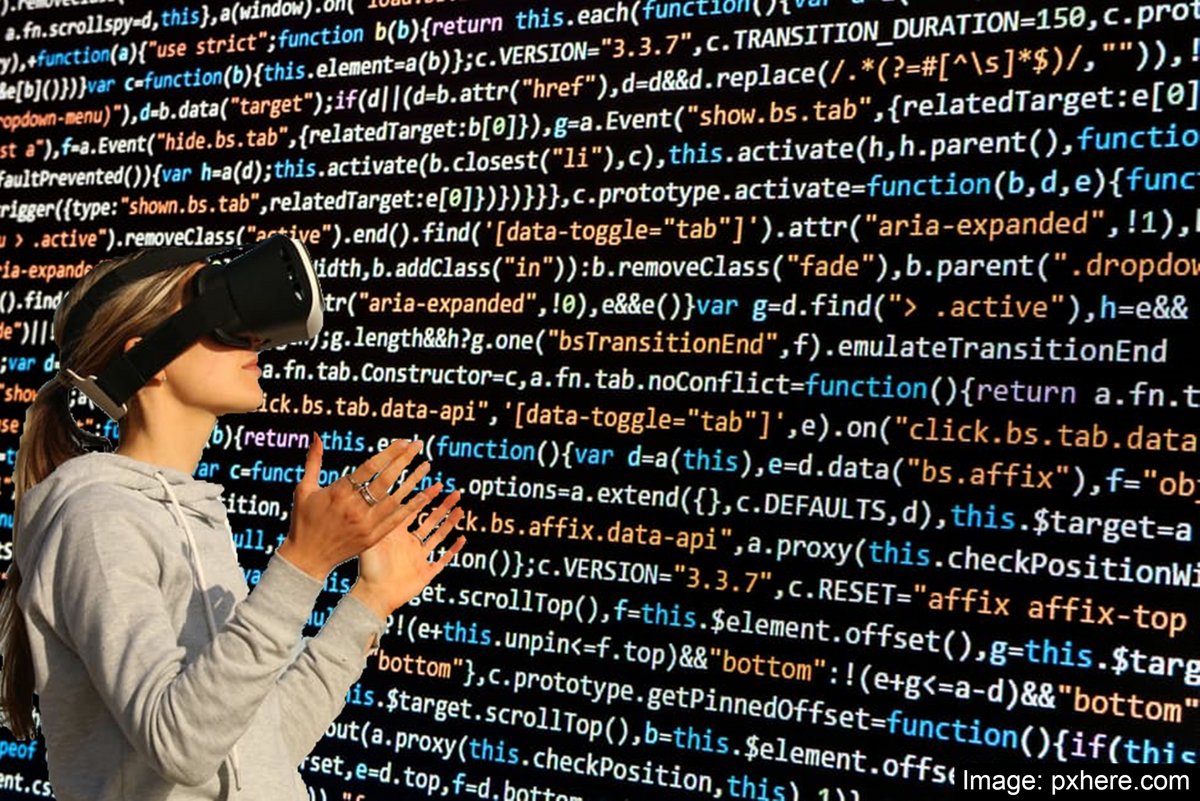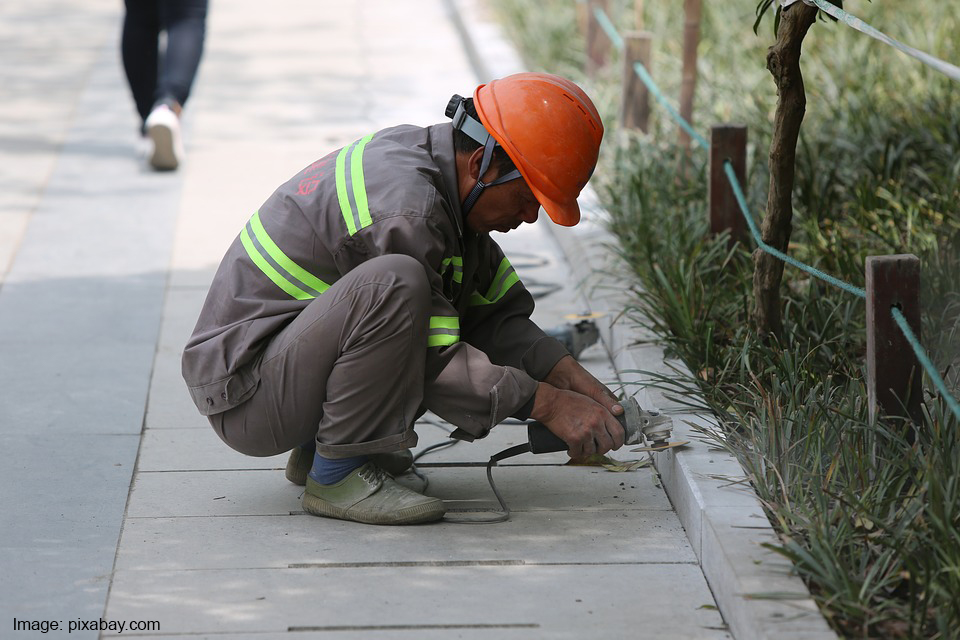Work is undergoing dramatic changes. Important aspects of these changes arise from digitalization, increasing ethnic and cultural plurality, and the challenges of deepening inequalities.

Digitalization
Every person will at some point be faced with the question: Is my job threatened by digitalization and automation – or will I be able to take advantage of new professional opportunities? Businesses, unions and politics must cope with this change. To what degree can the surrounding conditions be molded? Is there a need for more control by the state, do the social systems need to be adjusted? Is the current model of education sufficient to accommodate changes to come?
These are the questions that are asked in the project Digitalization, Automation, and the Future of Work (Principal Investigators: Marius R. Busemeyer, Sebastian Findeisen, Sebastian Koos, Florian Kunze, Stephan Maurer).

Immigration
German society depends on additions to its workforce hailing from other countries. The educational system can assist the latest generation of immigrants to prepare for integration into the workfoce, and society at large. How are apprentices from immigrant families received into the dual system for professional training? How does the society, and how do the people surrounding them in a company or at school perceive these apprentices? How do organizations adapt to their specific needs?
These aspects are covered in the project Integration at Work (Principal Investigators: Claudia Diehl, Sebastian Koos, Florian Kunze, Stephan Schumann).

Fairness
Is this fair? Does this really offer equal opportunities to all? We know relatively much about the perception of inequality in society. But what happens when different kinds of inequality exist side-by-side, or even influence one another? Should women earn less than men, should more senior employees be better paid than more junior ones? What is the role played by the conditions set by employers when answering questions about fairness and opportunities? And how to employees perceive their own situation in a given company or organization?
Issues like these are the core of the project Perceptions of Gender and Seniority Wage Inequality (Principal Investigators: Thomas Hinz, Susanne Strauß, Nick Zubanov).
This Is How We Work on These Issues:
- Florian Kunze, Kilian Hampel & Sophia Zimmermann: Homeoffice in der Corona-Krise – eine nachhaltige Transformation der Arbeitswelt?. Policy Papers: COVID-19 und soziale Ungleichheit – Thesen und Befunde 02 (German only; English version coming soon) (PDF, 969 KB)
- Florian Kunze & Sophia Zimmermann: The Effects of Remote Work
- Susanne Strauß: „Equal Pay Day“ – Inequality in the Labour Market
- Marius R. Busemeyer: Die digitale Zukunft droht ungerecht zu werden (Editorial; German only)
- Florian Kunze: Workplace Discrimination
- Florian Kunze: A Strong Accent on Service
Activities
Workshop: Digitalization, Automation and the Future of the Welfare State
On January 23-24, 2020, the Cluster hosted a workshop under the title "Digitalization, Automation and the Future of the Welfare State", which focused on the implications of the digital transformation of work for labor markets and the welfare state. Organized by Cluster speaker Marius R. Busemeyer, the interdisciplinary workshop brought together a number of scholars from the Universities of Konstanz, Zurich, Harvard, Aarhus, Erfurt and Warwick.
Read More
Conference “Digital Societies”
On 25 to 27 September 2019, the second annual conference of the Academy of Sociology took place in Konstanz under the title "Digital Societies". Digitalization as a trend impacting innumerable aspects of social life, and the conference discussed and investigated the phenomenon from multiple perspectives. A special focus lay on opportunities vs risks of digitalization for society.

